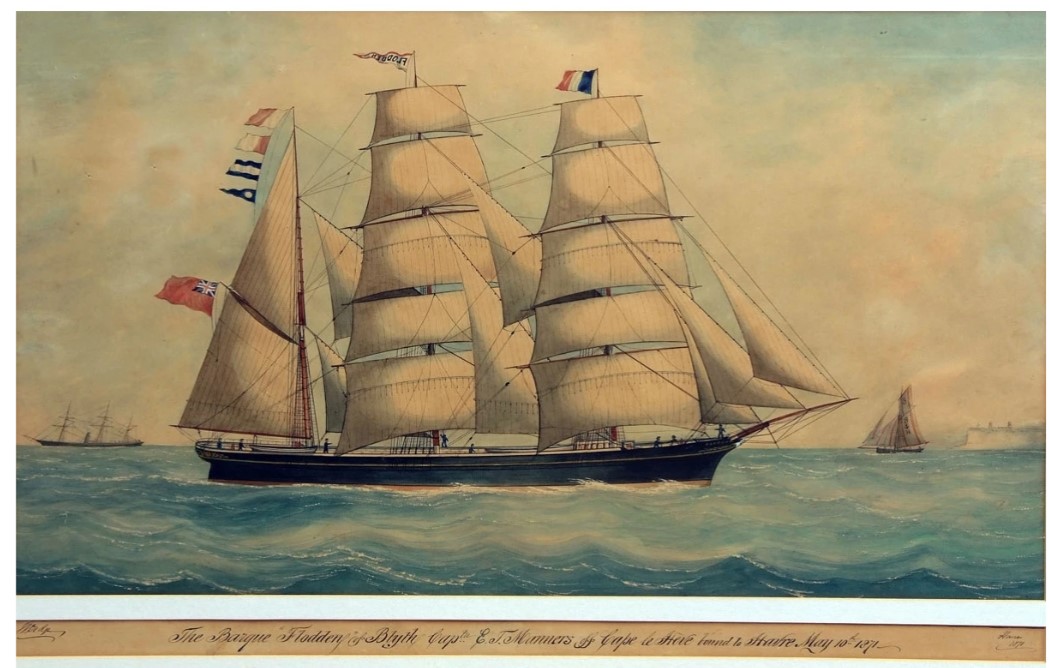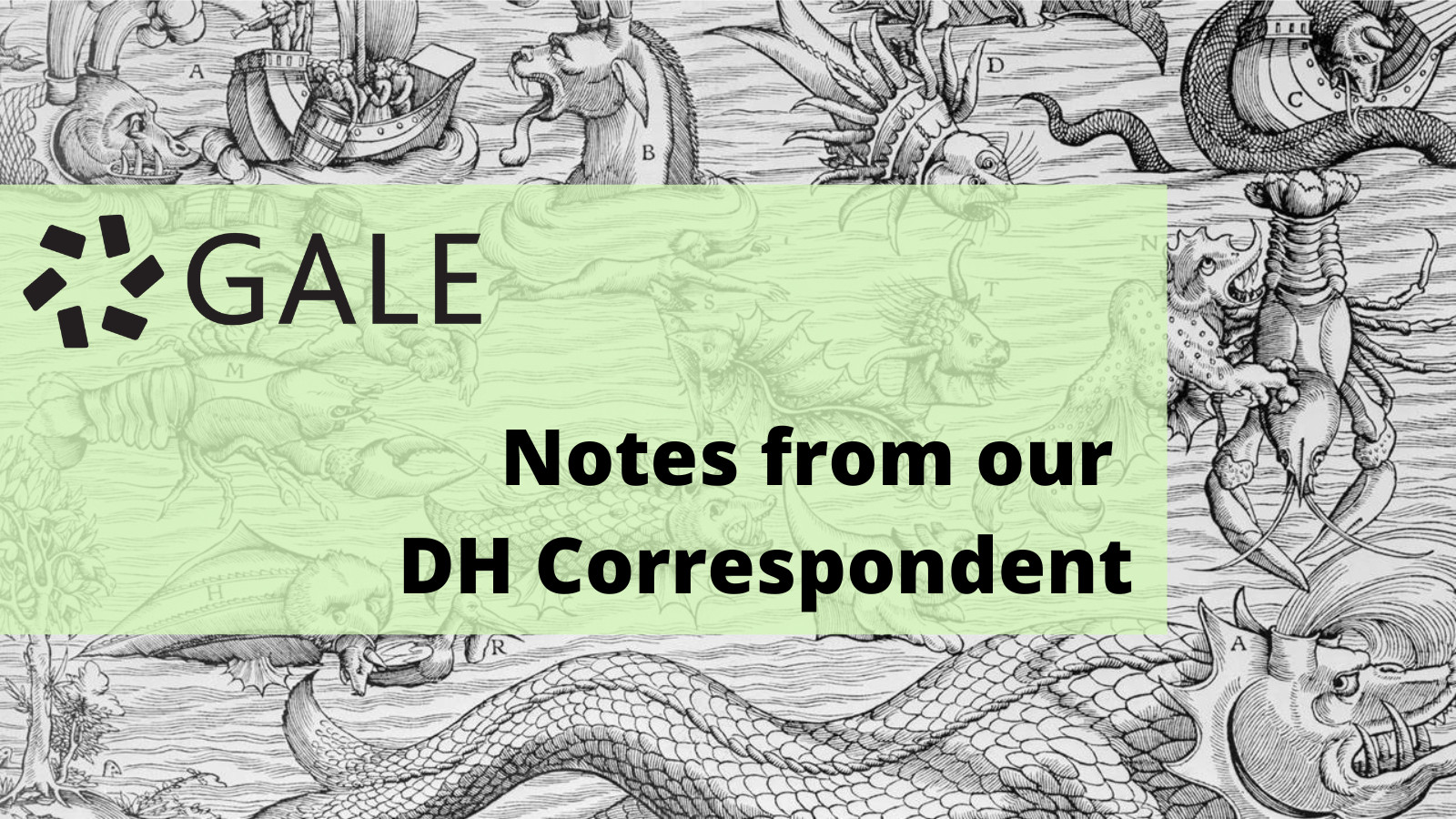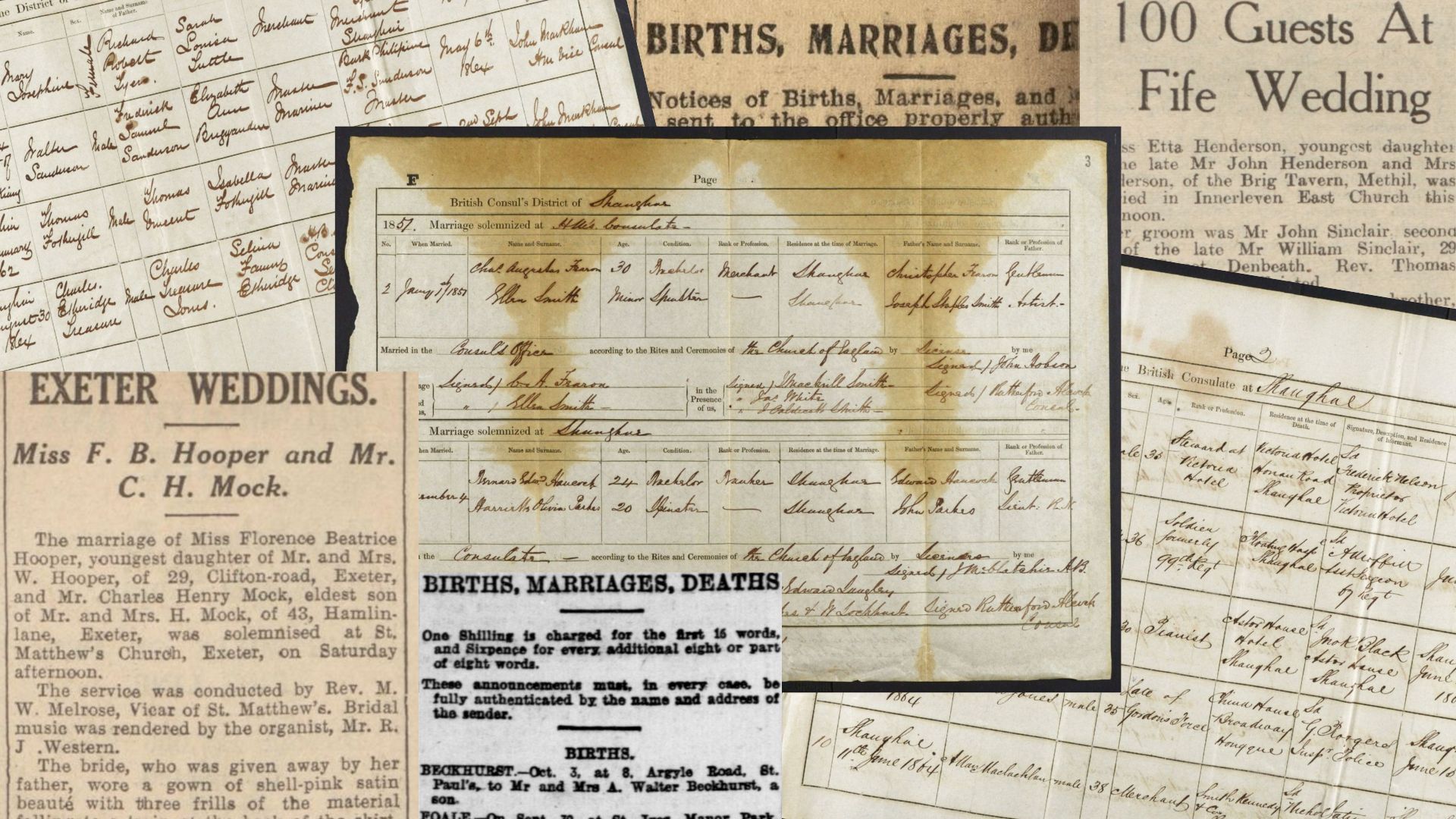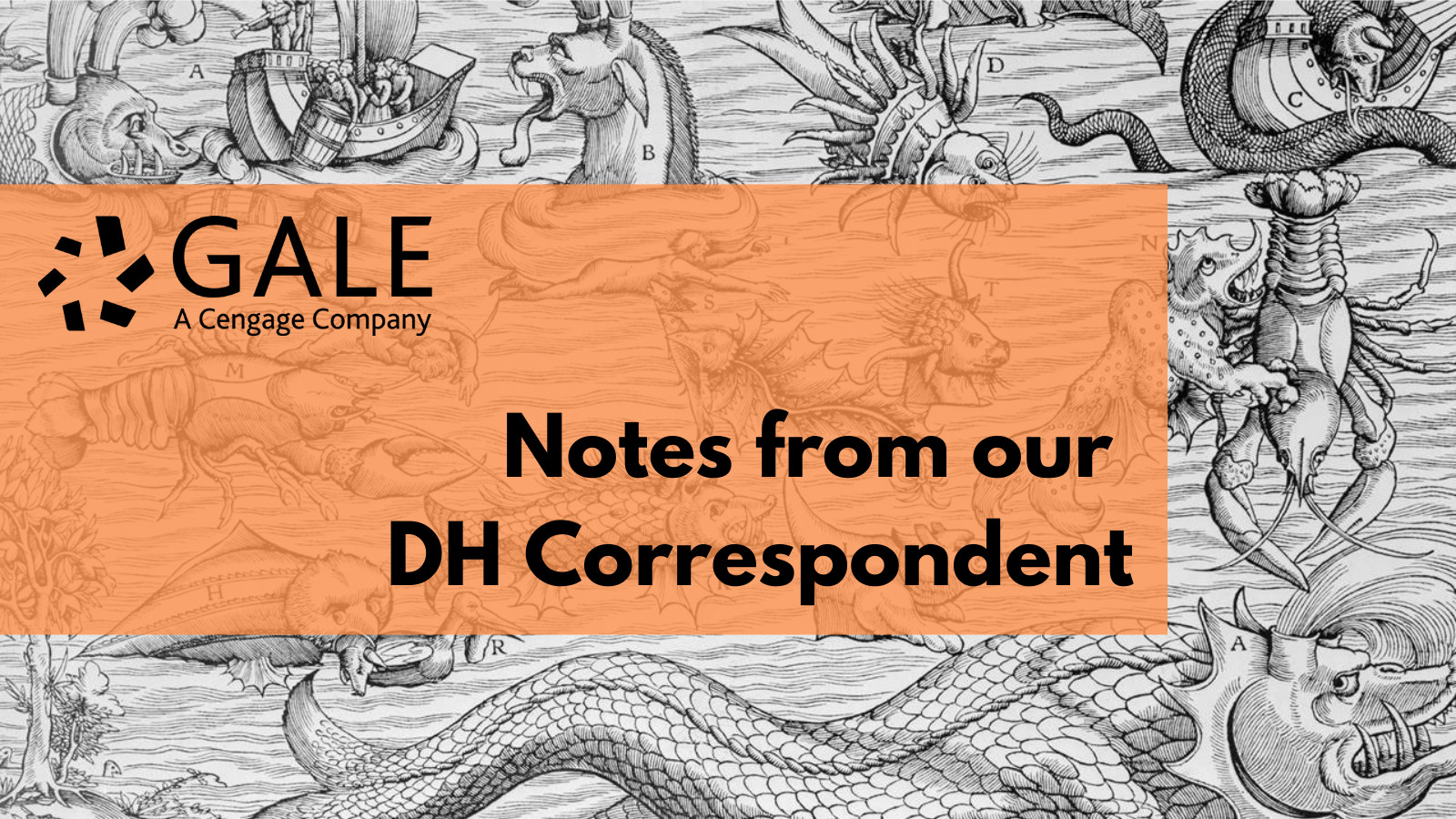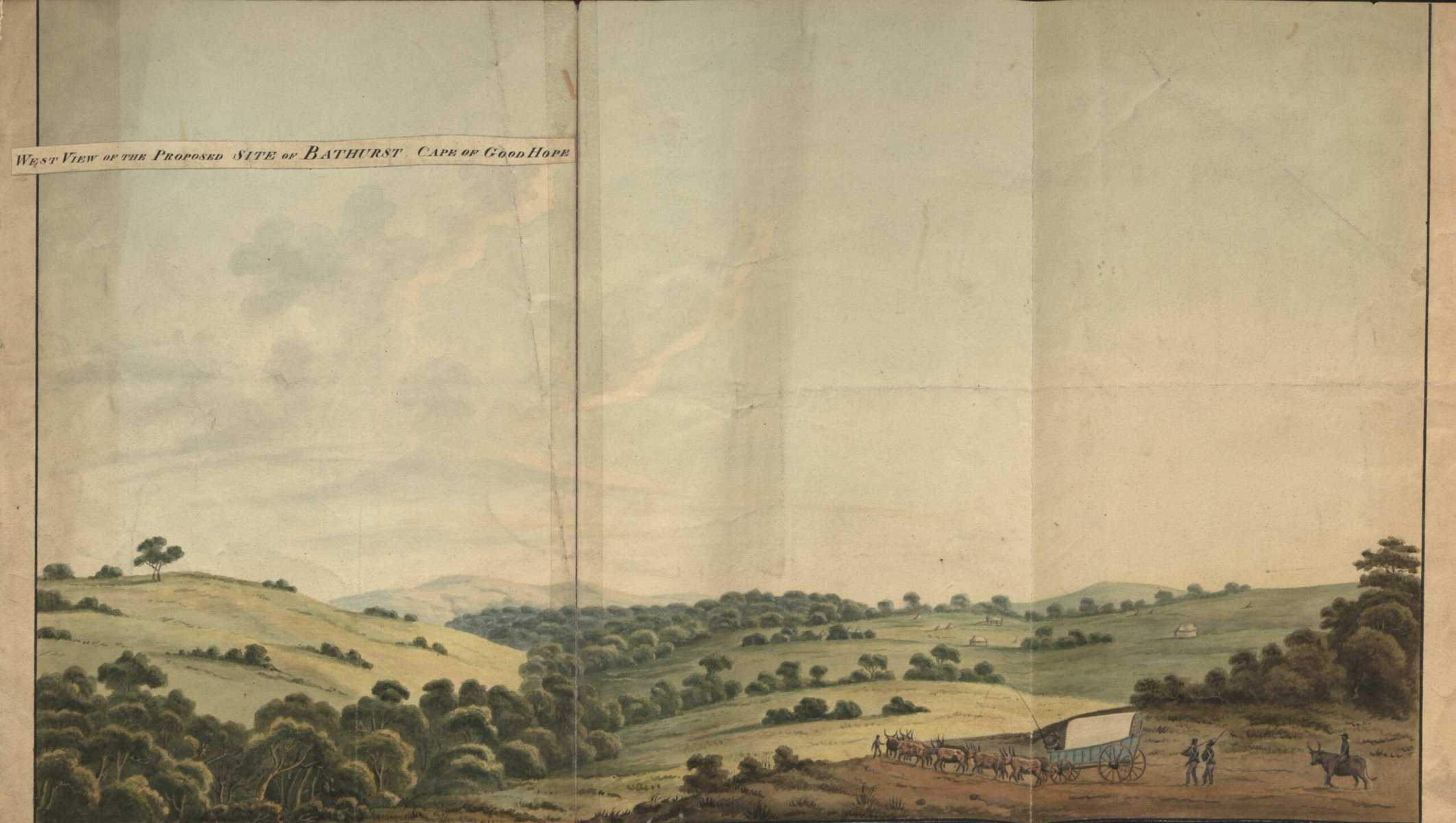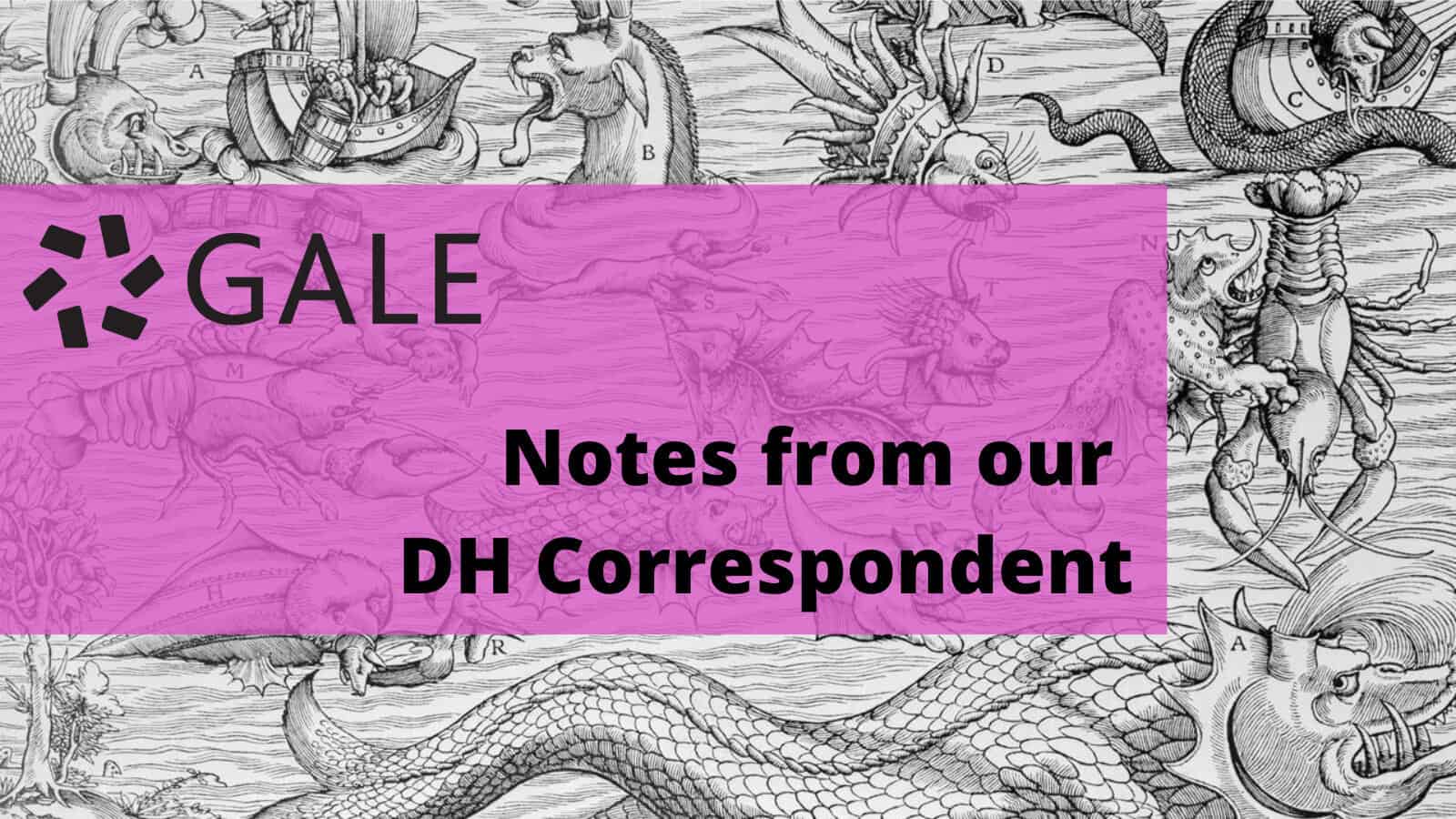│By Liping Yang, Senior Manager, Academic Publishing│
The Flodden was a barque or three-masted sailing ship originally constructed in Britain and later sold to Australia and registered in Melbourne. On June 22, 1883, the ship departed from Fremantle, Western Australia, bound for Shanghai, carrying a cargo of 806 tons of sandalwood.
Unfortunately, on August 23, the ship ran aground near Nanhui, which is now a district of Shanghai. The captain, William Smith, made the decision for the crew to abandon the ship the following day and it was looted by some locals.

